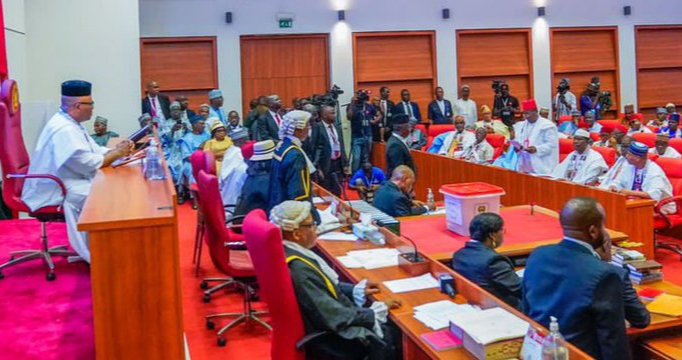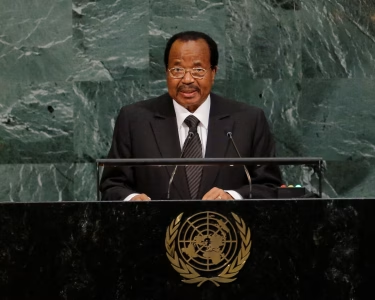Nigeria's rising debt profile
Senate approves $21.5bn borrowing plan amid concerns
Summary
- Senate passes $21.5 billion external loan request for development projects across key sectors
- Approval includes ₦757 billion bond to clear outstanding pension arrears under CPS
- Lawmakers also endorse loans in yen and euros, plus a $2bn foreign-currency instrument
- Critics warn of rising debt burden, call for transparency and clear repayment strategy
Abuja, Nigeria — The Nigerian Senate has approved President Bola Tinubu’s $21.5 billion external borrowing plan for the 2025–2026 period, intended to fund large-scale infrastructure and development projects across the country.
The approval, granted on Tuesday, 22 July 2025, also includes a ₦757 billion domestic bond aimed at clearing outstanding pension arrears under the Contributory Pension Scheme (CPS) as of December 2023.
The borrowing package includes $21.19 billion in direct foreign loans, €4 billion, ¥15 billion, and a $65 million grant. Additionally, the Senate gave the green light to a $2 billion capital-raising initiative through a foreign currency-denominated instrument in Nigeria’s domestic market.
Senator Aliyu Wamakko (APC-Sokoto), Chairman of the Senate Committee on Local and Foreign Debts, presented the report in line with the Medium-Term Expenditure Framework (MTEF) and Fiscal Strategy Paper (FSP) guiding the 2025 federal budget.
Supporters of the plan, including Senator Victor Umeh (LP-Anambra), cited major projects like the $3 billion eastern rail line reconstruction as critical to national development.
Deputy Senate President Jibrin Barau stressed that the funds must be used strictly for capital projects in line with the “Renewed Hope Agenda,” ensuring equitable distribution across all regions.
However, the move has drawn criticism. Senator Abdul Ningi (PDP-Bauchi) questioned the transparency and repayment strategy, citing limited details on loan sourcing.
Umar Yakubu of the Centre for Fiscal Transparency also warned that the plan could raise Nigeria’s debt to ₦162 trillion, potentially funding wasteful governance rather than transformative growth.
The Senate’s decision had been delayed by incomplete documentation from the Debt Management Office and legislative recess, but these hurdles were cleared before final approval.
While the move is seen by many as a necessary step to bridge infrastructure and pension gaps, concerns remain over Nigeria’s growing debt profile and long-term fiscal sustainability.







